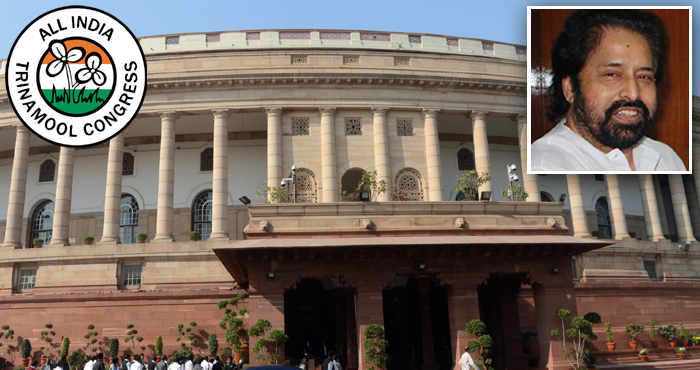June 26, 2019
Sudip Bandyopadhyay speaks on The Special Economic Zones (Amendment) Bill, 2019

FULL TRANSCRIPT
Sir, while rising to take part in the discussion on The Special Economic Zones (Amendment) Bill, 2019, I would like to reiterate that generally we oppose the route of Ordinance unless it is very urgently needed. We have seen that this government is of the habit to project any small idea as a very big idea. We know that SEZs were introduced; when it was introduced, on one side Hon’ble Piyush Goyal Ji and on the other side Shashi Tharoor Ji have both explained.
But, the fact is SEZs could not rise to the occasion. The SEZ process or the SEZ system, which was installed, proved to be a miserable failure. In our country, SEZs are mainly located in Santa Cruz in Maharashtra, Kochi in Kerala, Kandla & Surat in Gujarat, Chennai In Tamil Nadu, Visakhapatnam in Andhra Pradesh, Falta in West Bengal, Noida in Uttar Pradesh, Indore in Madhya Pradesh, which is ready for operation. The idea of setting up of SEZs… first was in Kandala in 1965. Mr Premachandran elaborately explained why he is opposing the introduction of that Ordinance as a Bill.
Sir, what I want to know from the Minister, it is a decision which was adopted in the Cabinet headed by the Hon’ble Prime Minister Narendra Modi; mainly the SEZ (Amendment) Bill, 2019 has been brought to replace the SEZ Amendment Ordinance, 2019 which will amend the Sub-Section 5 of Section 2 of the SEZ Act, 2005. Sir, in June 2018, just one year ago, Baba Kalyani, Chairman of Bharat Forge Group from Pune, had placed 121 points in an observation report. I expected that the Hon’ble Minister will throw some light on it. But, it was kept under dark. I am interested to know out of these 121 points, how many observations has this government accepted for implementation?
Those who take part in the SEZ schemes receive so many facilities. They have to pay zero tax, neither Central nor State tax. They also get exemption from customs duty because the products manufactured in the SEZs are not for sale in India – they are directly exported. But what happens many times, and for which reason Trinamool Congress opposes the idea of SEZ, is that many of the items produced at these sites, and during several stages of production, come out in the open market and are sold at the original prices. So this is the type of corruption which takes place in the SEZs.
Tamil Nadu has gone a long way, so far as SEZ is concerned; they are at the peak. But in many States SEZ projects are not coming up in the manner we expect them to. We also opposed it because there is a relation between SEZ and land acquisition. Land acquisitions are made forcefully. In Karnataka, a few days back, there was a war-like situation.
We are opposed to forceful occupancy of land from the very beginning. In China, SEZ projects are normally set up on non-agricultural land but this is not followed in India. Here, agricultural land is used for SEZ projects. So my question is, by forcefully occupying land belonging to farmers, by not providing them the actual price of land, what kind of success on the issue of SEZ is the government talking about?
Many facilities are allotted to the SEZ projects. But the government, while initiating deliberations, could have said many more things, like how the SEZ sector, through the goods it produces, could give the Indian economy a big advantage. The way the idea of SEZ is being introduced is up to the government, since with its total majority, it can go about SEZs in its own way. But so far as Trinamool Congress is concerned, we are totally opposed to the expansion of SEZ projects.
